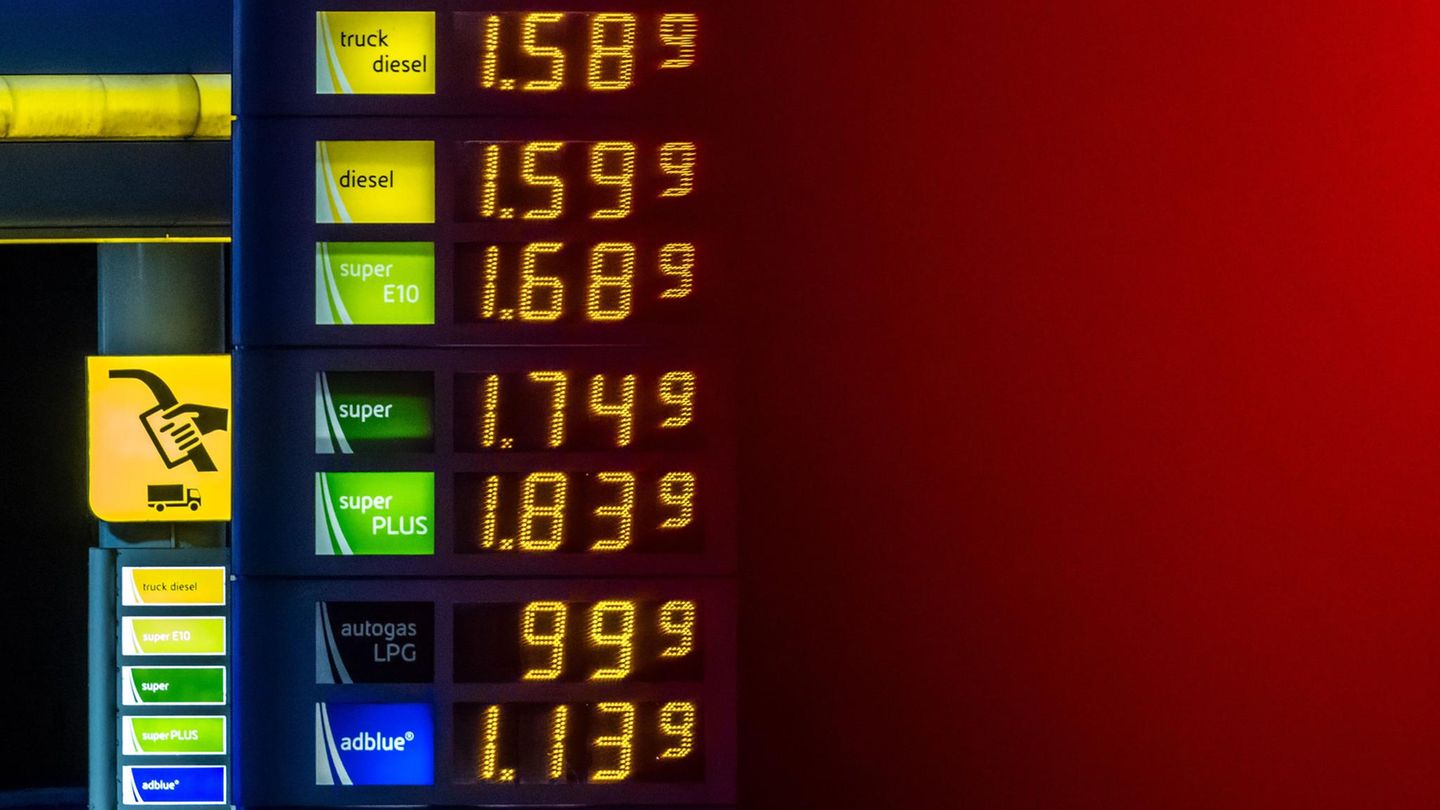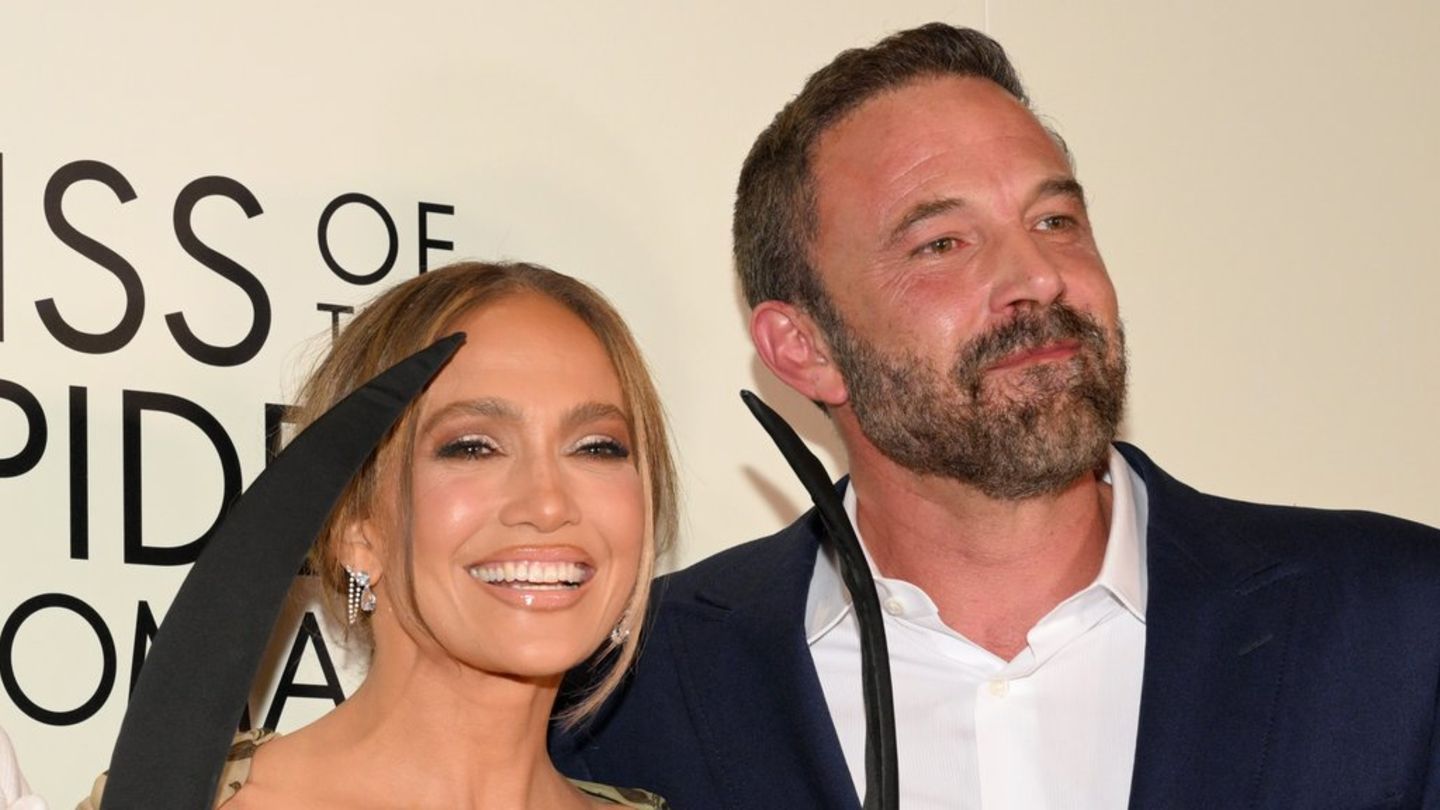The small party “Best Upper Austria”, on the other hand, wants to develop concrete positions using “swarm intelligence”. At the start of the People’s Party’s election campaign, Governor Thomas Stelzer directly asked FPÖ voters to vote for ÖVP this time.
Black plan for integration
On Monday, ÖVP state manager Wolfgang Hattmannsdorfer presented a ten-point program for integration. The cornerstones include the realignment of integration subsidies, the linking of state subsidies to language skills and various measures in the field of education. In addition, it also contains well-known demands that are not in the sphere of the country – from the fight against illegal migration to the “consistent deportation of criminals” or, alternatively, “preventive detention”. From when an asylum seeker is to be classified as criminal, Hattmannsdorfer left open – only one thing: administrative law will not play a role.
The ÖVP managing director does not see himself in the right fast lane with his course but rather in the “middle of society”. According to a survey (600 Upper Austrians over 16 asked by M&R in August) on behalf of the ÖVP, 88 percent of Upper Austrians support the deportation of criminal asylum seekers – even declared SPÖ and Green voters (84 and 81 percent, respectively). 87 percent are in favor of linking knowledge of German to social benefits – including 79 percent of the SPÖ and 75 percent of the Green voters. The FPÖ reacted with satisfaction that the ÖVP “supports our core demands”. Club chairman Herwig Mahr understands Hattmannsdorfer’s remarks as an “offer to continue our right-wing conservative cooperation”.
Red poll on topics
Placing a substantive focus on integration apparently corresponds to the opinion of the Upper Austrians. That was at least confirmed by an IFES survey commissioned by the SPÖ. In it, the interviewees selected from given topics that state politics should definitely deal with. Compared to an IFES survey in May, 20 percent now consider immigration to be an important issue, which is five percentage points more than in May. The issue of health (and care), a red key issue in the election campaign, has also risen by five percentage points. 42 percent now consider this to be important.
At the presentation of the current survey on Monday, state managing director Georg Brockmeyer attributed the increasing importance of these topics to the current situation: Afghanistan and the fourth corona wave, in which he mainly criticized the “inaction of the state governor”. Not least because of this, the vaccination skeptics “MFG” would have a realistic chance of overcoming the four percent hurdle for the state parliament in the election on September 26, according to Brockmeyer.
Green attack on the ÖVP
The Greens also attacked the blacks on Monday. After the ÖVP consciously released its poster “Bio oder Poison?” misunderstood by assuming that they are discrediting local farmers, this topic has been “emotionalized”, said top candidate state spokesman Stefan Kaineder. The good thing about it is that the focus has shifted to healthy food and he now wants to discuss the content – which reads, among other things: “Schnitzel transparency”. Corresponding ordinances on the labeling of the origin of food in the catering industry have not been approved by the ÖVP for about months.

“Best Upper Austria” introduced itself
In addition to the state parliament parties, a small party presented itself in detail on Monday, the content of which is not to make any specific substantive specifications: The “Best Upper Austria” relies on citizens’ councils on various topics such as health, education or climate, in which the positions are then be determined. If you can get in the state parliament, you want to put the party funding to “substantial parts” in these citizens’ councils – the participants each receive 100 euros. Leading candidate David Packer assumes that the inclusion of many will never lead to a radical, but always to a moderate position of the center.




